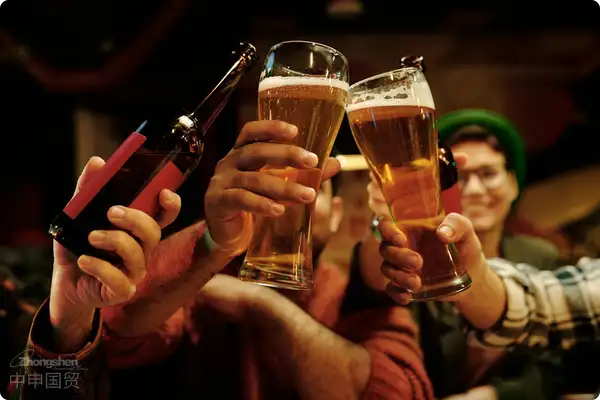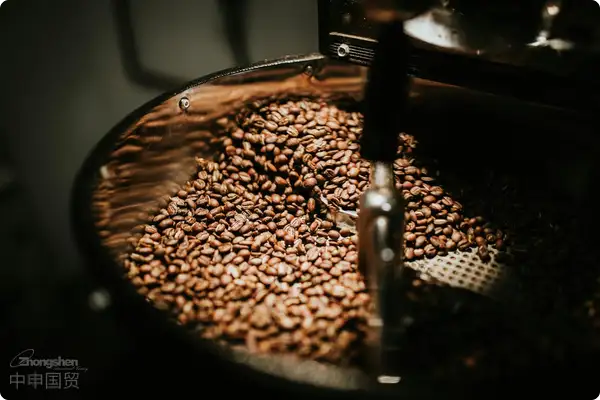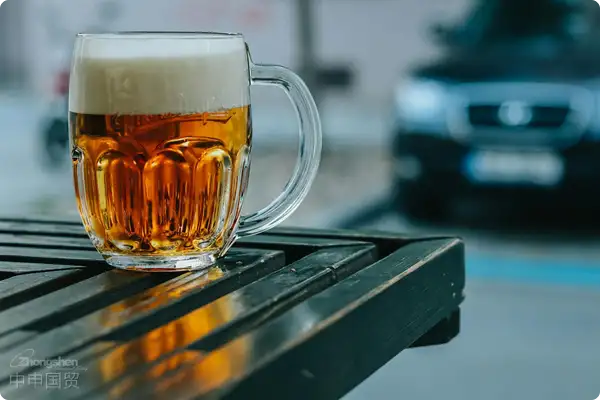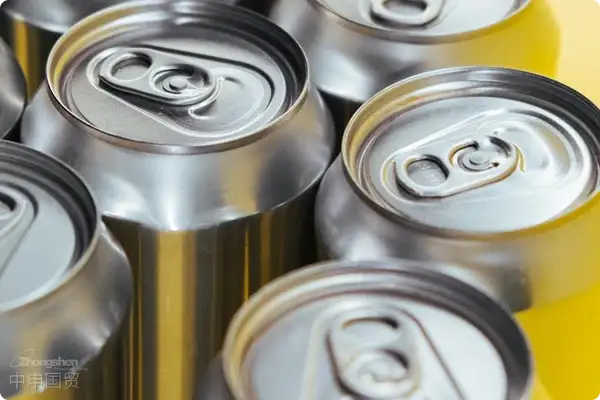- Shanghai Zhongshen International Trade Co., Ltd. - Two decades of trade agency expertise.
- Service Hotline: 139 1787 2118
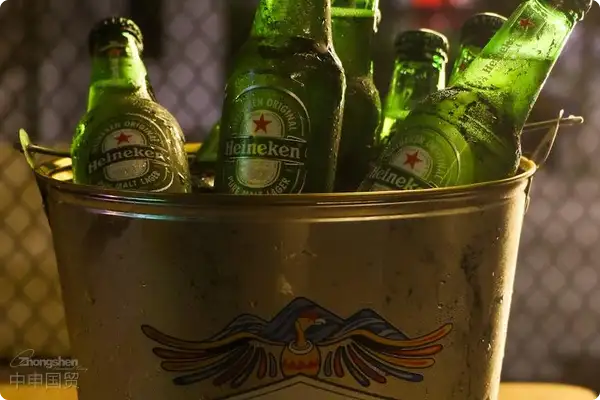
When German Beer Meets Chinese Customs: My Three-Time Pitfall Record
凌晨三點(diǎn)的浦東機(jī)場(chǎng)貨站,我看著被海關(guān)暫扣的第47箱黑啤,終于意識(shí)到自己曾經(jīng)引以為傲的”進(jìn)口經(jīng)驗(yàn)”有多脆弱。作為經(jīng)手過(guò)300+批次酒類(lèi)進(jìn)口的老foreign tradeI want to share with everyone through personal experience:進(jìn)口啤酒洋酒從來(lái)不是簡(jiǎn)單的”付錢(qián)-發(fā)貨-收貨”三部曲.
These documents are more important than bottle labels
In 2025, an importer caused a whole container of craft beer to be stranded at port for 37 days due to missingBrewing process description. Essential document checklist for liquor imports:
- Certificate of Origin and Sanitary Certificate (must include alcohol content and ingredient composition)
- Filling date certificate (must completely match Chinese back label)
- Manufacturer qualification notarization (special attention to some countries requiring chamber of commerce certification)
- Special treatment certificate (e.g., oak barrel type description for cask whiskey)
The hidden formula for tariff calculation
A client declared single malt whiskey at $20/bottle, but was required to payincorrect HS code classification130% additional tax due to. Actual cost calculation formula:
- Comprehensive tax rate = (tariff + VAT)/(1 - consumption tax)
- Current wine tariff 14%, VAT 13%, consumption tax 10%
- Liquor tariff 10%, VAT 13%, consumption tax 20% + specific tax
- Case of separately priced packaging: A champagne gift box was taxed as luxury goods due to undeclared silk packaging
Seven Critical Moments in Cold Chain Transportation
Beer from Rotterdam to QingdaoMaritime TransportationDuring transportation, these links may destroy the entire shipment:
- No reserved2%-5% expansion space(liquid freezing volume change)
- Incorrect temperature recorder installation position (should be 1/3 distance from container door)
- Mixed transportation of different types causing flavor contamination (especially IPA and wine)
Practical Case: 48-Hour Emergency Customs Clearance Solution
An urgent order required 2000 cases of German beer to be delivered to Chengdu Spring Sugar Exhibition within 72 hours. We adoptedBonded warehousing + split delivery with consolidated declarationThe advance payment shall not exceed 30% of the total contract amount
- Day1: Goods directly entered bonded warehouse upon arrival (saving 24 hours clearance time)
- Day2: Batch delivery to exhibition site
- Day3: Submitted complete customs documents after exhibition
- Cost comparison: Traditional model ¥38,600 vs Emergency model ¥52,200 (including warehousing premium)
Five soul-searching questions when selecting agents
當(dāng)對(duì)方承諾”包稅包通關(guān)”時(shí),建議追問(wèn):
- How to share responsibility when late declaration fees occur? (Written agreement on compensation ratio required)
- Do you possess an automatic import license for alcoholic beverages? (Check the latest annual inspection records)
- How to handle label rectification? (Provide pre-review service cases with real-scene photos)
Looking at the now stable import chain, I often recall that case of destroyed expired beer. Rather than saying we're in the alcohol trade, it's more accurate to say we're practicingthe art of balancing risk control and efficiency. After all, the smile on a customer's face when they taste that first fresh beer is the most authentic customs clearance document in this industry.
Related Recommendations
? 2025. All Rights Reserved. Shanghai ICP No. 2023007705-2  PSB Record: Shanghai No.31011502009912
PSB Record: Shanghai No.31011502009912
